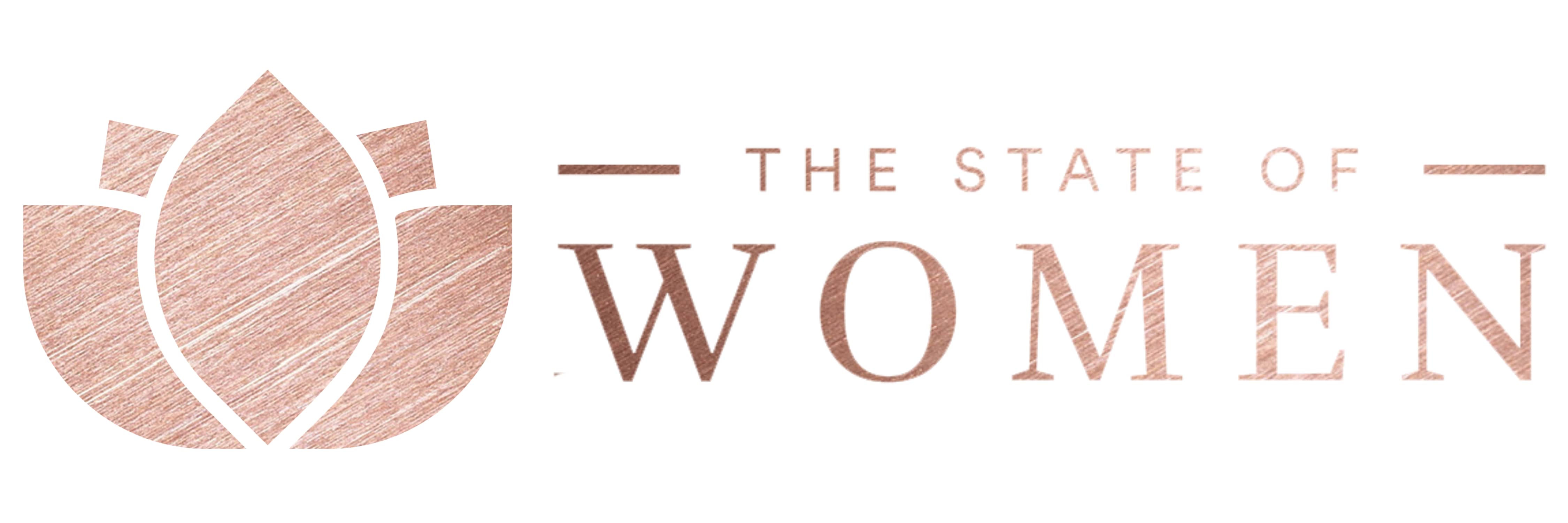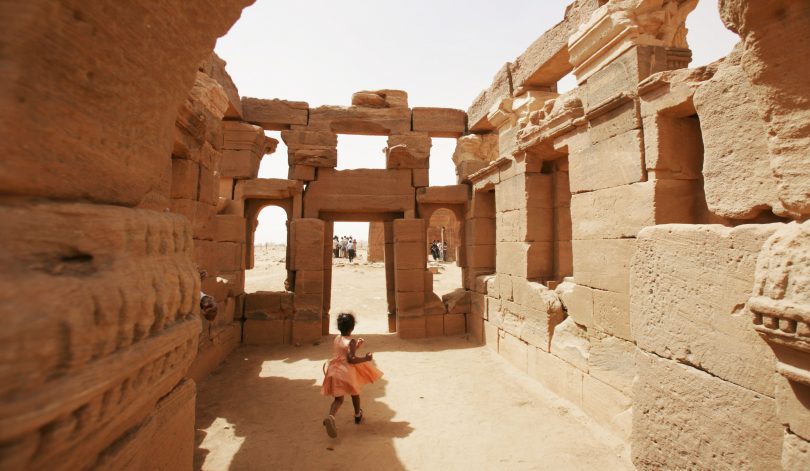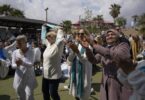This article originally appeared on the Women & Girls Hub of News Deeply, and you can find the original here. For important news about issues that affect women and girls in the developing world, you can sign up to the Women & Girls Hub email list.
By Hannah McNeish
In Sudan, girls and young women who have children are often abandoned by their families and stigmatized in their communities. A shelter in Khartoum gives these mothers a home and works to help them build their families.
KHARTOUM, Sudan – Nour Hussein has been dreaming of happy families since she was a little girl, when she and her sister were put in Sudan’s largest institution for “lost” children. After her mother, who suffered from a mental-health illness, was placed in a psychiatric hospital, Hussein and her sister were sent to Mygoma, a state-run home in the capital, Khartoum. At around five years old, Hussein and some of the other children were transferred to private care homes. She moved again when she was 12 and eventually tracked down her mother six years later.
Although she got the chance to nurse her mother until her death, Hussein vividly remembers what it was like to grow up missing her. “Nothing in the world will give you anything like what a mother gives you, nowhere in the world,” she says.
Women and girls in Sudan who have children out of wedlock – even in cases of rape and incest – are often cast out by their families. “There’s no way to live in the community with your child without a father, especially if the girl is not married. The family doesn’t accept the child. They say, ‘Go away from this home until there is a father,’” says Hussein. “They will put the girl in the street, and police collect her and put her in an institution.”
There are many of these institutions, mostly government-run, dotted around Sudan, full of children whose mothers chose to have them instead of risking backstreet abortions. But mothers aren’t allowed to stay with their babies. To keep their children means to be ostracized from their communities; rejoining their families means having to leave their children behind.
So in 2010, Hussein and several friends from her childhood days in care homes set up the Shamaa shelter, a place where instead of abandoning their children, mothers could stay with them and work towards building a family. Since opening, the shelter has helped 815 women and girls, giving them a place to live in a quiet Khartoum neighborhood, and providing medical and psychosocial services during pregnancy, birth and the first stages of motherhood.
The women and girls can stay as long as they like – from a few months up to a year – while Hussein and her team look after them and their babies as they go through mediation with parents and partners.
In most cases, and only when the young mothers agree, Shamaa helps to arrange a marriage with the child’s biological father. If he is deemed unsuitable or is rejected by the girl or her family, Shamaa helps to find the girl a new partner from a pool of what the organization calls “volunteer fathers.” These men, whom Shamaa finds and heavily vets, agree to marry single mothers out of a sense of duty to care for a vulnerable child, which the Quran highlights as a great act of kindness.
“All these girls, we help them, and now they are inside our community and living with their families, with the real father or sometimes a volunteer father,” says Hussein. “We make families.”
Zara, a 30-year-old teacher with a 13-month-old baby, thought her life was over when she discovered she was pregnant and the father refused to marry her. “I was so afraid,” she says, adding that she was scared of her brothers. When asked how she thought they’d react, she switches from Arabic to English. “Maybe kill me,” she says.
Now Zara is about to start a new life outside the shelter with an engineer who started off as a volunteer father. “I love him,” she says with a grin, as she presses one hand to her chest and cradles her baby with the other, her engagement ring glinting under the strip light in a room bare but for three single beds, all occupied.
“Shamaa has given me everything. First, it was a safe place to be with my baby, and now they have found someone for me to marry so I can live with him and my baby.”
Shamaa is also working with Sudan’s Ministry of Welfare and Ministry of Interior to get more than 2,000 children and young people who were abandoned or born out of wedlock birth certificates, social security numbers and passports. Giving a child legal status in Sudan requires that the mother be married to the father or at least get him to sign a form officially recognizing the child as his.
Struggling to pay for its shelter due to funding cuts from larger charities, Shamaa will soon have to downsize. But its work will continue, says Hussein, whose first name, Nour, means “light” in Arabic.
“We need to make a light in our community,” she says, to make people realize “that these children are not guilty” and need to be nurtured by families to avoid them ending up in large institutions, where development disorders are common.
“We are all Sudanese. These children, they must accept them, they must love them.”
The names of some of the women in this story have been changed to protect their identities.



